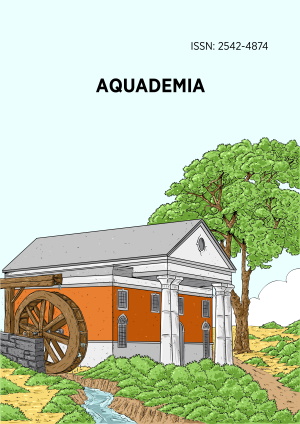Abstract
Poor teaching methods have been single handily adduced for students’ poor performance in physics at secondary school level. In lieu of this, this study investigates the relative and comparative effectiveness of the guided inquiry, collaborative learning conventional teaching methods on students’ academic achievement and retention in physics. This study hypothesized that there is no significant difference in the academic performance and retention ability in physics by the students’ taught with these methods. Pre-test, post-test control group quasi experimental design consisting of two experimental and one control groups was the research design used. The studied population consisted of all students who are offering physics in senior secondary class two in Akoko Southwest Local Government Area of Ondo State. Three secondary schools among the seventeen senior secondary schools in the study area were randomly selected and their 113 students were purposively selected schools were randomly selected and randomly assigned to two treatment and one control groups. The physics achievement test, an instructional package on physics were administered on the sampled students. The data collected were analyzed using ANCOVA. It was revealed that students taught using the collaborative learning method academically performed better to those taught using guided enquiry and conventional teaching methods. Similarly, collaborative method (CM) group retained best the contents taught followed by the guided inquiry group and lastly the conventional teacher expository method group. This study concludes that CM method is the best method of improving learning outcomes (performance and retention ability) in physics in the study area. This study therefore recommends that physics teacher in secondary schools in the study area should be synthetized via workshops, symposia, lectures, etc. on the procedures, techniques, and applications of collaborative teaching method in physics classrooms. Similarly, active participation of students in physics classroom should be encouraged by teachers.
License
This is an open access article distributed under the Creative Commons Attribution License which permits unrestricted use, distribution, and reproduction in any medium, provided the original work is properly cited.
Article Type: Research Article
AQUADEMIA, Volume 6, Issue 2, 2022, Article No: ep22008
https://doi.org/10.30935/aquademia/12378
Publication date: 19 Aug 2022
Article Views: 2421
Article Downloads: 1230
Open Access References How to cite this article
 Full Text (PDF)
Full Text (PDF)